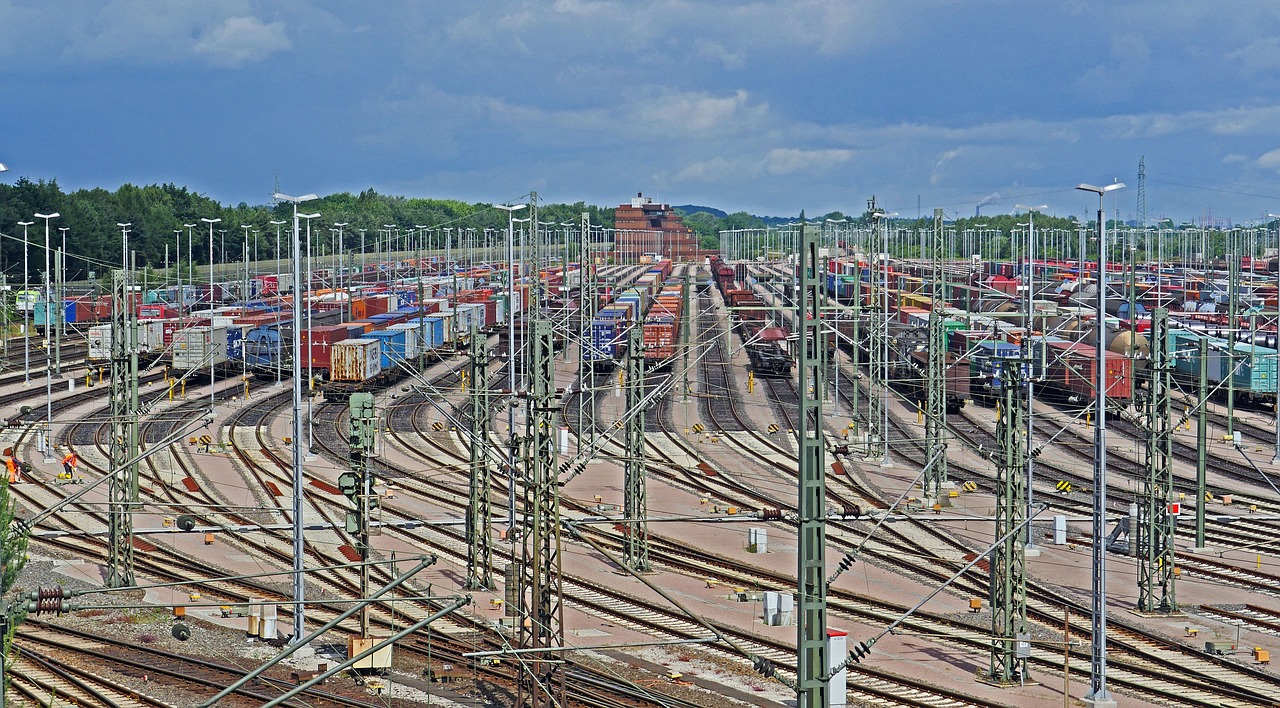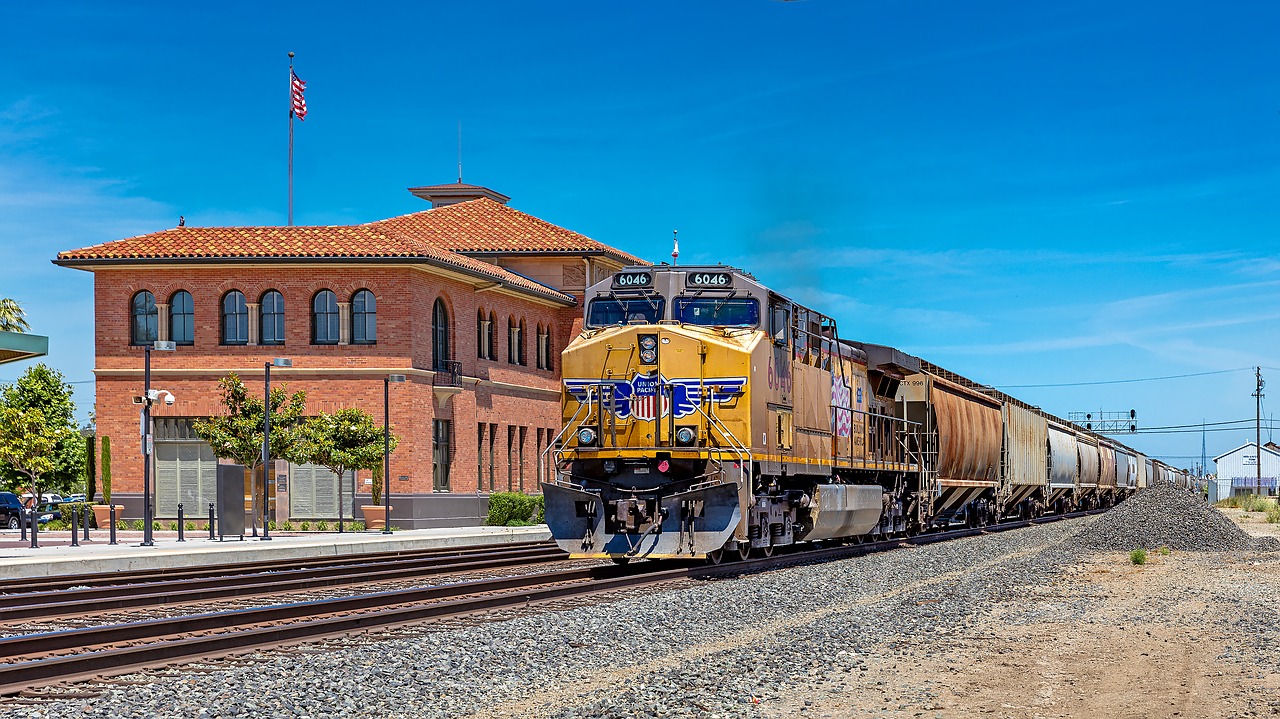In a country where both food and transportation are staples of our everyday lives, the members of the Private Railcar Food and Beverage Association are at a standstill. Like so many other industries, they have fallen victim to soaring freight rail rates and unreliable service. The negative impact of these problems has extended far beyond the freight rail network, fueling higher long-haul trucking prices and making it nearly impossible for manufacturers to get their goods to market at prices consumers can afford.
The Private Railcar Food and Beverage Association (PRFBA) is an organization of more than a dozen global food and beverage producers based in North America, and they have been stretched thin and faced production shutdowns because of ongoing freight rail problems. The most recent and troubling example happened in the wake of new leadership and layoffs at one major railroad that controls a majority of the rail traffic in the eastern part of the country. Service problems became so severe that many U.S. manufacturers, energy producers, and farmers were left without rail service and were forced to redesign their supply chains in order to ship trucks, so they could keep running production lines.

While using trucks might seem like an easy solution, it’s not. Many companies have built their production around the flow of reliable rail service. They have made significant investments into building rail sidings, rail specific infrastructure, such as loading and unloading docks and specific railcar equipment. They simply cannot “flip a switch” and go from shipping rail to shipping via truck. For many of them, turning to trucks is a temporary and expensive stop gap measure.
And as we have seen, railroad problems not only impact freight rail shippers; they impact all American shippers and the consumers. The sudden shift of large amounts of cargo to truck, in the wake of rail service problems, has also had a negative impact on companies that don’t rely on freight rail service at all. Trucking rates were relatively flat from October 2016 to July 2017, but this increased demand for long-haul trucking has led to a substantial rate spike since August, leading to the nation’s highest trucking prices in more than two years.
Though it may be easy for consumers to think that these problems don’t really have much to do with them, it is important to recognize the startling inflationary effects these high transportation prices can, and will, have on their world. They will trickle down from many of America’s most prominent industries to the consumer, increasing the prices of food and beverages, everyday items, and even utility bills.
Countless Americans have food and beverage products produced and shipped by PRFBA members on their dinner tables and in their pantries. Those companies will do their best to insulate consumers from these increased costs, but it is only a matter of time before they trickle down to your grocery store receipts — all thanks to one powerful industry, the railroad industry, using monopoly power created by outdated regulatory protections.

The time for change is now. The solution to these problems involves the Surface Transportation Board (STB) adopting several commonsense regulatory reforms, including reciprocal switching. Reciprocal switching allows a shipper to choose, creating a competitive situation where two or more railroads might compete for the same business. In today’s rail industry, reciprocal switching is not allowed, thus allowing only one railroad to quote on the business and the shipper being held hostage by that railroad for rates and services.
We need a railroad system that is based on a competitive market, where two or more rail companies can compete for the shipper’s business and the consumer yields the benefits of lower costs at the grocery store. It’s simply the way American business works and it’s the way the railroad industry should work too.
Herman Haksteen is President of the Private Railcar Food and Beverage Association, Inc., a trade association comprised of 13 global food and beverage companies and manufacturers headquartered in North America.
The views expressed above are those of the author and do not necessarily reflect the views of the Eno Center for Transportation.





